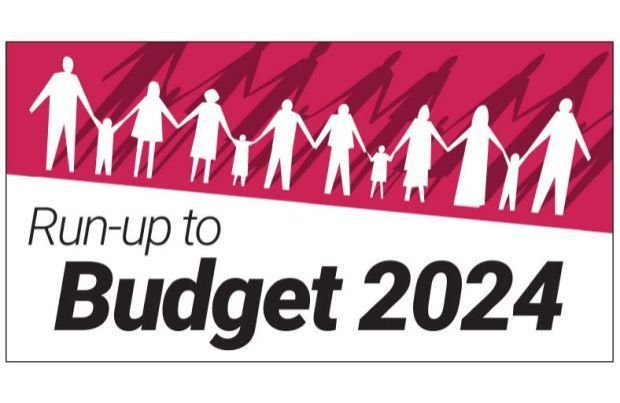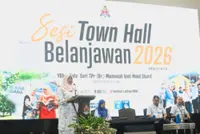ALL eyes are trained on the unveiling of Budget 2024 this month.
As stakeholders await in anticipation of the announcement, those in the education sector hope that it will continue receiving the lion’s share of the allocation when Prime Minister Datuk Seri Anwar Ibrahim, who is also the Finance Minister, tables the budget on Oct 13.






